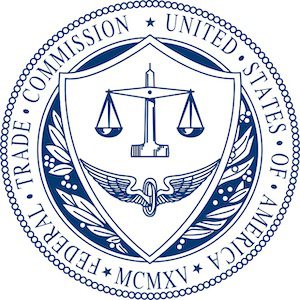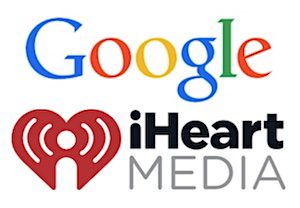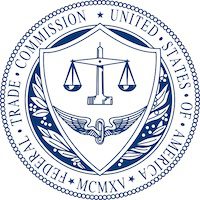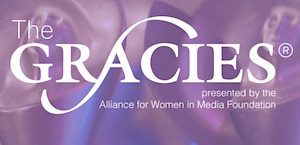FTC Hits Google, iHeart For $9.4 Mil


According to the FTC, in 2019, Google hired iHeartMedia and 11 other radio networks in ten major markets — Atlanta, Boston, Chicago, Dallas/Ft. Worth, Denver/Boulder, Houston, Los Angeles, New York, Phoenix, and San Francisco — to have air personalities record and broadcast endorsements of the Pixel 4 phone. Google provided iHeartMedia with scripts that included lines about the Pixel 4 phone like, “It’s my favorite phone camera out there, especially in low light, thanks to Night Sight Mode;” “I’ve been taking studio-like photos of everything;” and “It’s also great at helping me get stuff done, thanks to the new voice-activated Google Assistant that can handle multiple tasks at once.”


“Google and iHeartMedia paid influencers to promote products they never used, showing a blatant disrespect for truth-in-advertising rules,” said Bureau of Consumer Protection Director Samuel Levine. “The FTC will not stop working with our partners in the states to crack down on deceptive ads and ensure firms that break the rules pay a price.”
Massachusetts Attorney General (and incoming Massachusetts Governor) Maura Healey said, “It’s common sense that people put more stock in first-hand experiences. Consumers expect radio advertisements to be truthful and transparent about products, not misleading with fake endorsements. Today’s settlement holds Google and iHeart accountable for this deceptive ad campaign and ensures compliance with state and federal law moving forward.” Healey’s office notes that the false ads aired almost 1,900 times in Massachusetts alone between October and December 2019, including 1,300 ads on iHeartMedia radio stations in the Boston media market.








